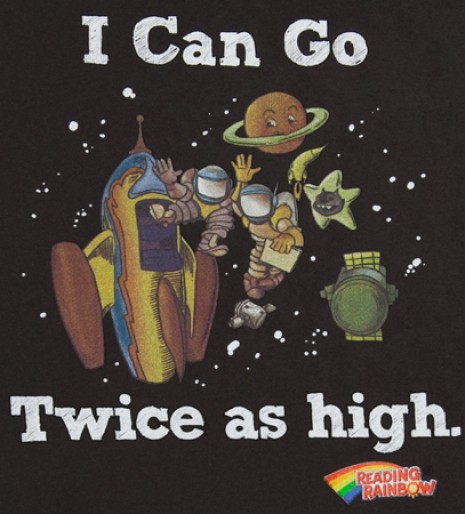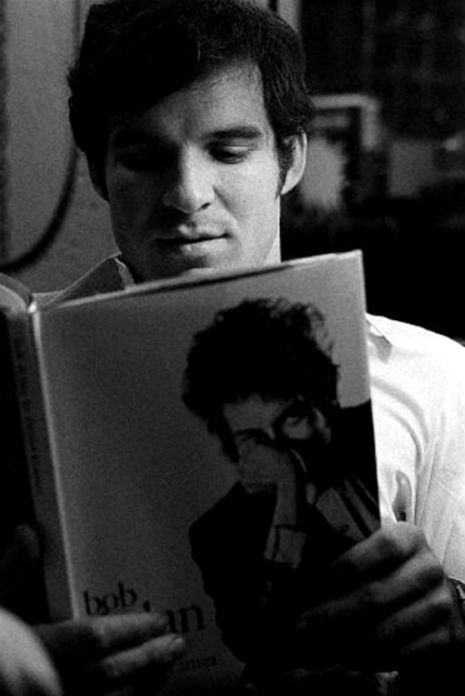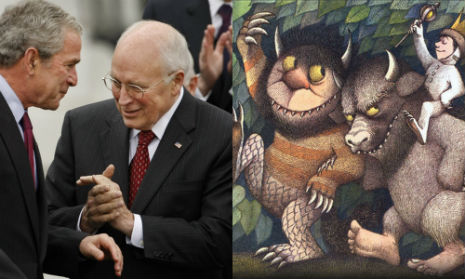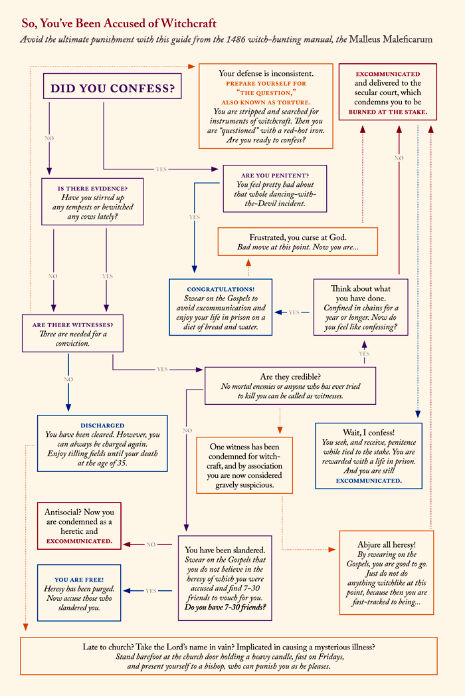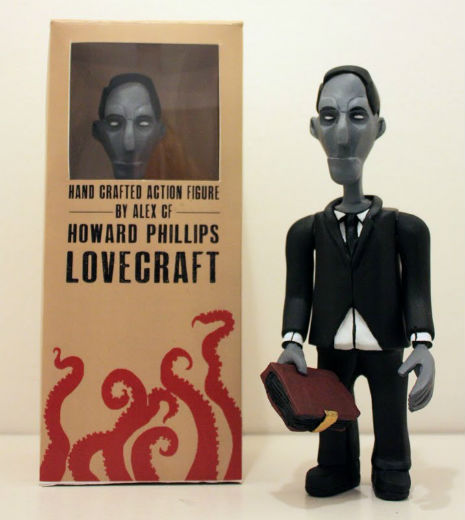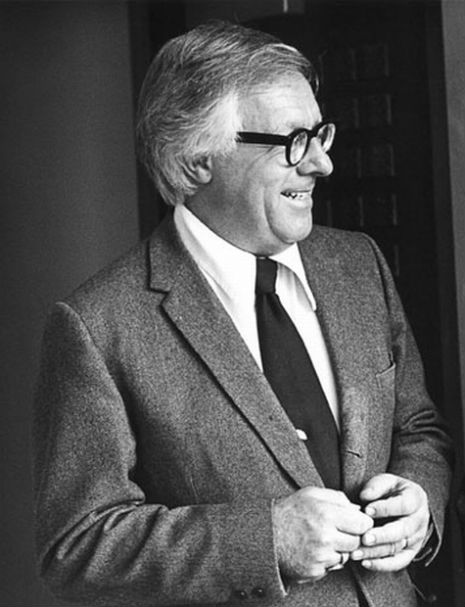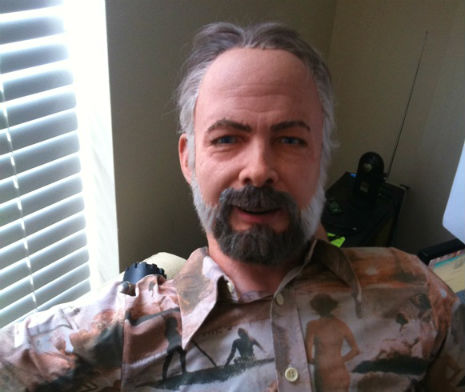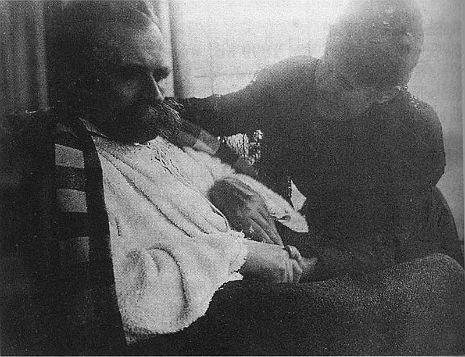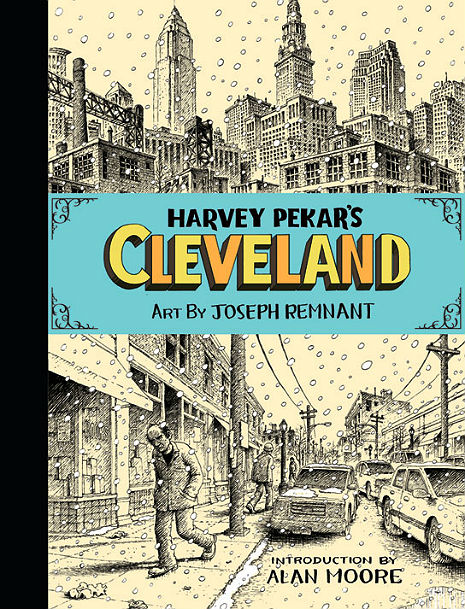
The recently published graphic novel, Cleveland, by the late Harvey Pekar and illustrator Joseph Remnant, is a flat-out masterpiece of the form. One (hefty) part “biography” of a city, Pekar being Pekar, Cleveland
is also another piece (and a key piece at that) of the grand tapestry recording the life of one of the city’s most notable residents, and certainly the man who will forever be known as Cleveland’s unofficial poet laureate.
In Cleveland, Pekar, who famously said “Life is a war of attrition,” tells his own story (as is his wont, of course) alongside that of the city he loved so much. It’s a broadly sweeping narrative for a writer usually so invested with the minutiae of life, but the Pekaresque observations are no less potent as the author takes an aerial view of over 200 years of the rise and fall of what was once one of America’s greatest cities and placing the events of his own 70 years living there in the larger context of Cleveland’s role in the American experiment itself. This is not the “day to day” life, little—yet potently illuminating—observations we’ve come to expect from Pekar, but in the beautifully-rendered pages of Cleveland, Harvey’s take on a slice of American history that he witnessed first hand (well, about a third of it, let’s say) is no less rewarding.
Cleveland is so beautiful and so heartfelt that it brought tears to my eyes several times (reading it, as I did, mostly in a dental office). I can’t recommend it highly enough. If you hail from Cleveland (or anywhere near it) the book is a must-read, but I’d say the same to anyone who simply wants to be dazzled by a great American writer at the very tip top of his game and working with one of the best visual interpreters of his long career. Cleveland is a masterpiece, a modern American masterpiece.
I sent Dangerous Minds pal Jeff Newelt, who edited Cleveland (Newelt is also behind Smith magazine’s delightful online “Pekar Project”) a few questions about the process of bringing a work like Cleveland to fruition and keeping the flame alive of one of America’s most distinctive literary voices.
In what kind of shape was the project in when Harvey Pekar died?
When Harvey died, the script was totally done, and Joseph had already drawn 18 pages. Harvey had seen those pages and was pleased to say the least. He was thrilled and it wasn’t easy to thrill Harvey!
Joseph Remnant’s artwork in Cleveland is just stunning, he’s clearly one of Pekar’s most inspired collaborators. What kind of research went into the panels?
Joseph was the clear and only choice to illustrate Cleveland. He was already working with Harvey and myself on The Pekar Project webcomics, and after he did such an incredible job on the story “Muncie, Indiana,” that clinched it. Because half of the book is literally a history of Cleveland, Joseph did TONS of online research searching for images, and also took out piles of books from the library. Regarding Harvey himself, luckily we were blessed in that we spent a nice chunk of time with “our man in person. The whole Pekar Project crew flew to Cleveland for Harvey’s 70th Birthday Party in 2009, and we had a wonderful weekend, him giving us a guided tour of his favorite spots. Priceless experience.
As an editor, how did you approach the material?
Cleveland was originally developed with Vertigo editor Jonathan Vankin, who did the initial heavy conceptual lifting of what the book should be. Then the powers that be at DC couldn’t be bothered to look at this incredible script, so on behalf of Harvey, I brought in Josh Frankel/ZIP Comics to publish the book, and brought in Top Shelf Comix to co-publish. So with Cleveland, the toughest editing was done, and I just copy-edited/ cleaned up some inconsistencies here and there. With short webcomics he wrote for The Pekar Project, Harvey would call me up and read me each story over the phone, then we’d jam on it for a few minutes and choose which artist to give it to.
I love the fact that the book is a parallel biography/autobiography of the city and one of its most notable and emblematic lifelong residents. It just works so brilliantly.
Cleveland was always so prominent in Harvey’s work as to almost be a character, so it was inevitable that he’d one day do a book with the city as the focus. I think Harvey identified with the perma-under-doggedness of the city.
Cleveland is such an unabashed love letter to what most people would consider a drab, horrible city, but Pekar’s magical voice and pithy, erudite historical observations and Joseph Remnant’s wonderful illustrations really evoke the city’s heyday, its rise and fall and fall in such a vivid, vivid way. It’s an extremely moving historical/dramatic arc that is unique in American literature.
It’s all about the love. The appreciation. The key to understanding Harvey’s work, IMHO is realizing how much of an “appreciator” Harvey was. Too many words are wasted on the Harvey-as-curmudgeon labeling, reinforced by the excellent-yet-ultimately one-dimensional performance by Paul Giamatti in the American Splendor film. All the little mundane moments in his many classic autobiographical stories come down to Harvey noticing, appreciating and wanting to share a special something he overheard, or a magic-yet-mundane moment he witnessed. Also so many of Harvey’s stories are appreciations of underheralded jazz musicians, klezmer artists, Russian novelists, etc. So it’s the same with his city. He was frustrated with Cleveland but he LOVED it nonetheless, so that love charges a jazzy poetry in his narration.
How did Alan Moore come to be involved with Cleveland? He not only wrote the introduction, he also generously helped you raise money to defray the cost of publishing, too, right?
I passed a galley to Alan through comics scholar Paul Gravett a longtime pal of Alan’s who I hung out with for 10 days at the Rio Comicon along with Melinda Gebbie (Alan’s wife and artist of Lost Girls) and Kevin O’Neill (artist for The League of Extraordinary Gentlemen). Alan Moore was always a huge Pekar fan. He even drew a one-page American Splendor story. Plus, Alan was a character in Pekar story because Joyce, Harvey and Danielle visited Alan and Melinda in England on the movie tour. Harvey Pekar was to Cleveland what Alan Moore is to Northampton. When we were thinking whom we should get to do the intro, he was my only choice. Then Alan helped raise money for the Harvey Pekar Memorial Statue on Kickstarter by offering a 2hr live webcam chat as a reward!
What else is still to come from Harvey Pekar?
Over at the Pekar Project the next installment of the epic Harvey Pekar / Douglas Rushkoff teamup, illustrated by Sean Pryor, is coming soon. Also, released next week is Not The Israel My Parents Promised, illustrated by JT Waldman. This is my blurb on the back of that book: “Pekar peppers accounts of perpetual persecution with poignant autobiographical anecdotes in this concise compelling and sure-to-be-controversial graphic history of the Jewish people and state of Israel. Waldman’s art, juxtaposing realism with ancient styles, rocking exquisite mosaics and elaborate medieval and middle eastern design flourishes, is nothing less than a majestic tour de Schwartz.”
There is a nine page preview of Cleveland at the Top Shelf Comix website.
Buy Cleveland at Amazon
Below, an extended interview with Harvey Pekar on PBS in 2009:






